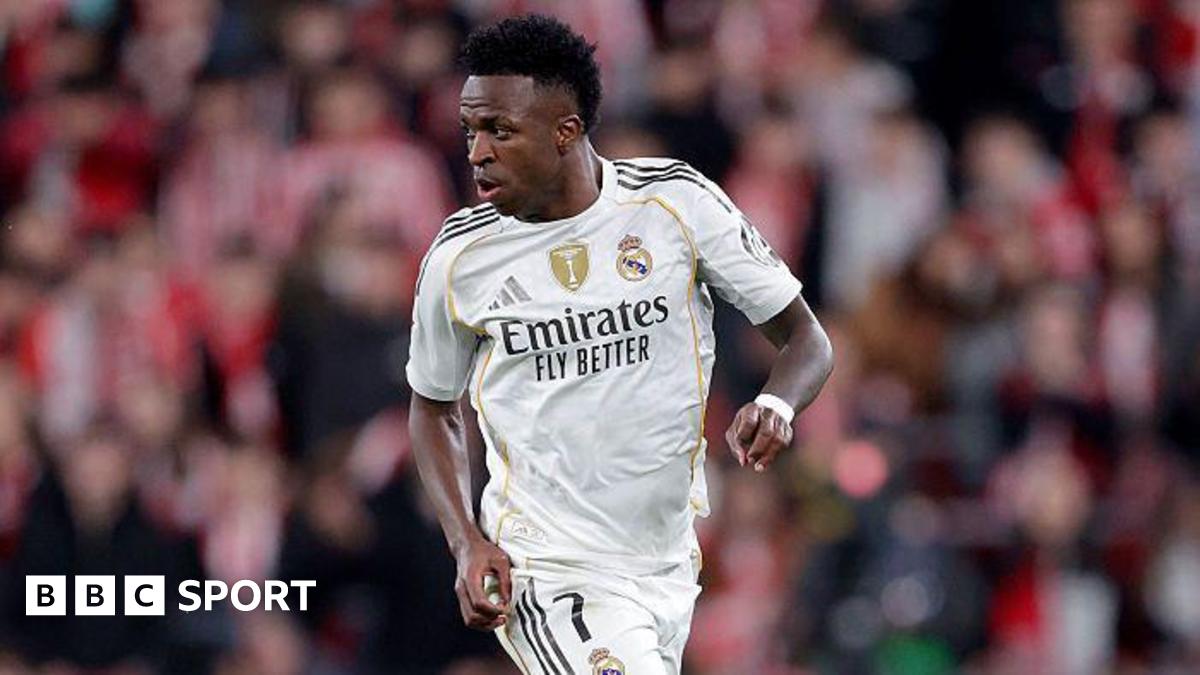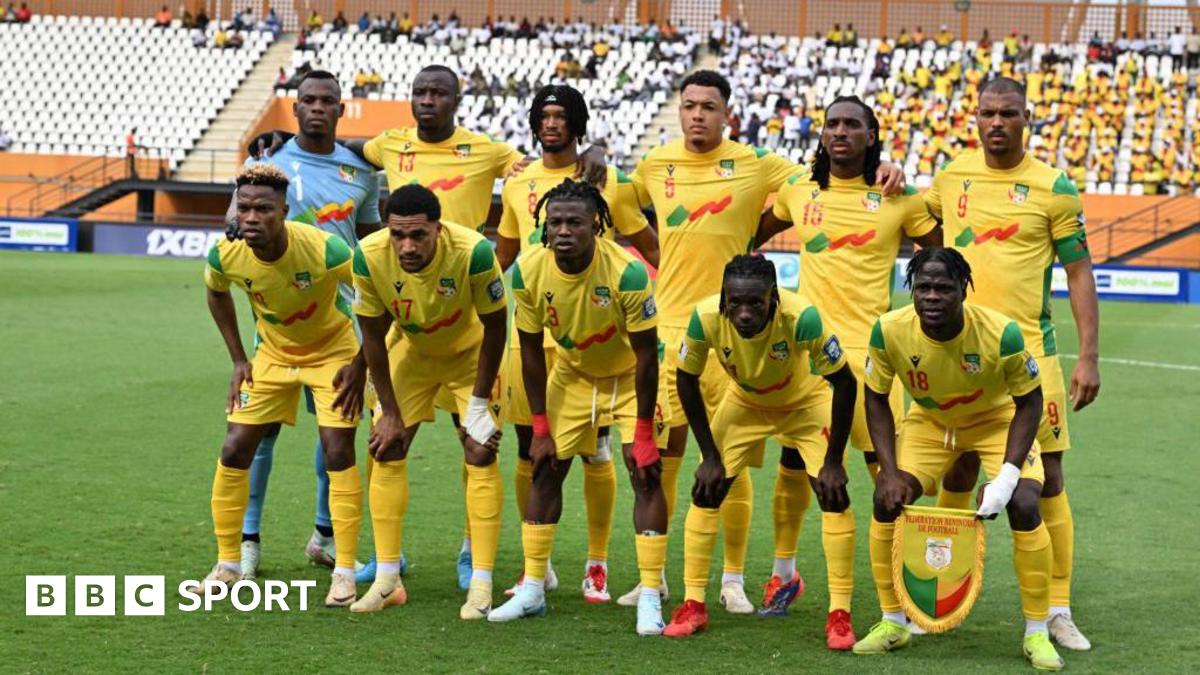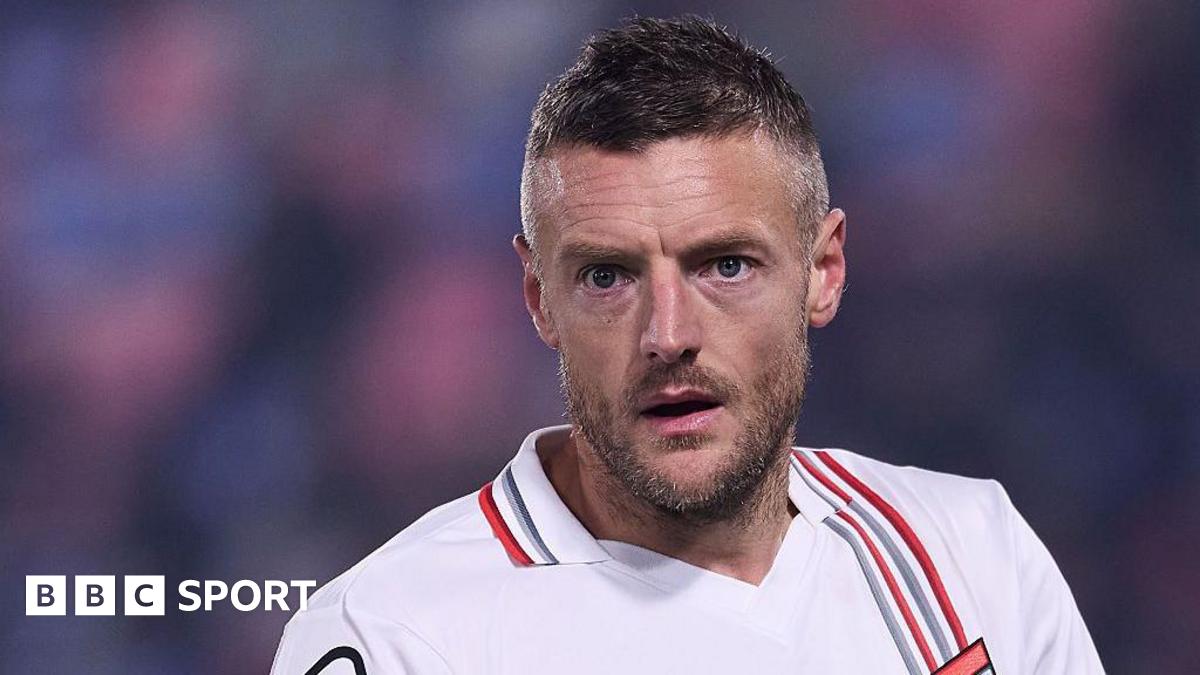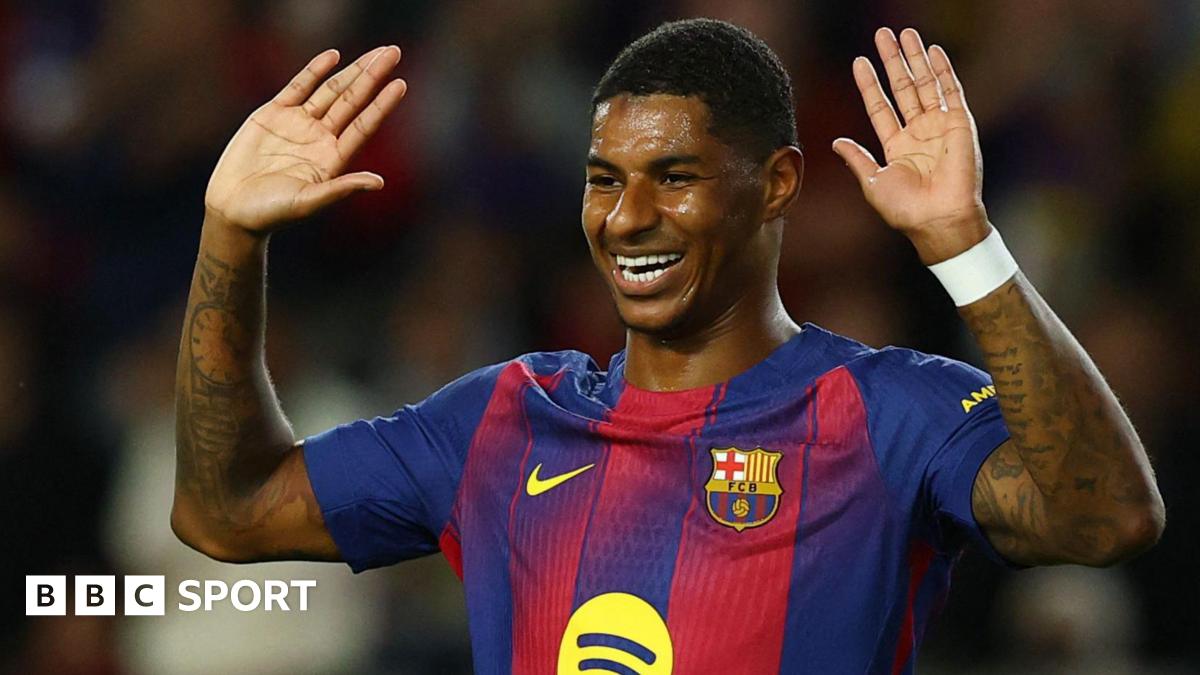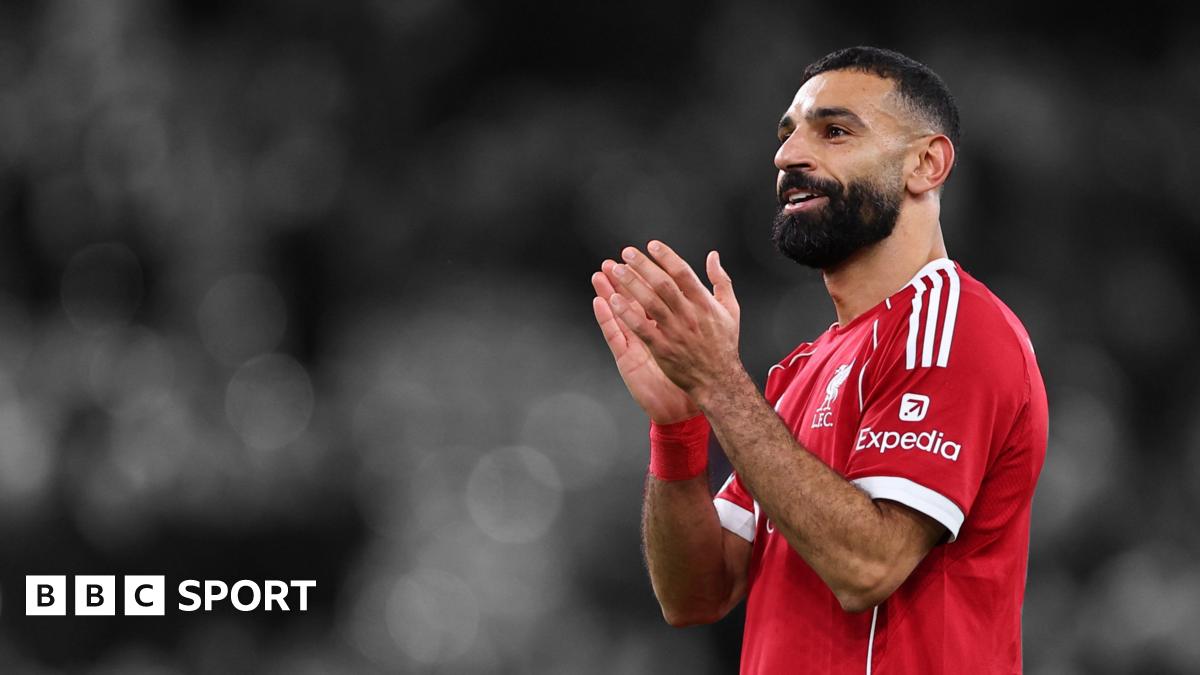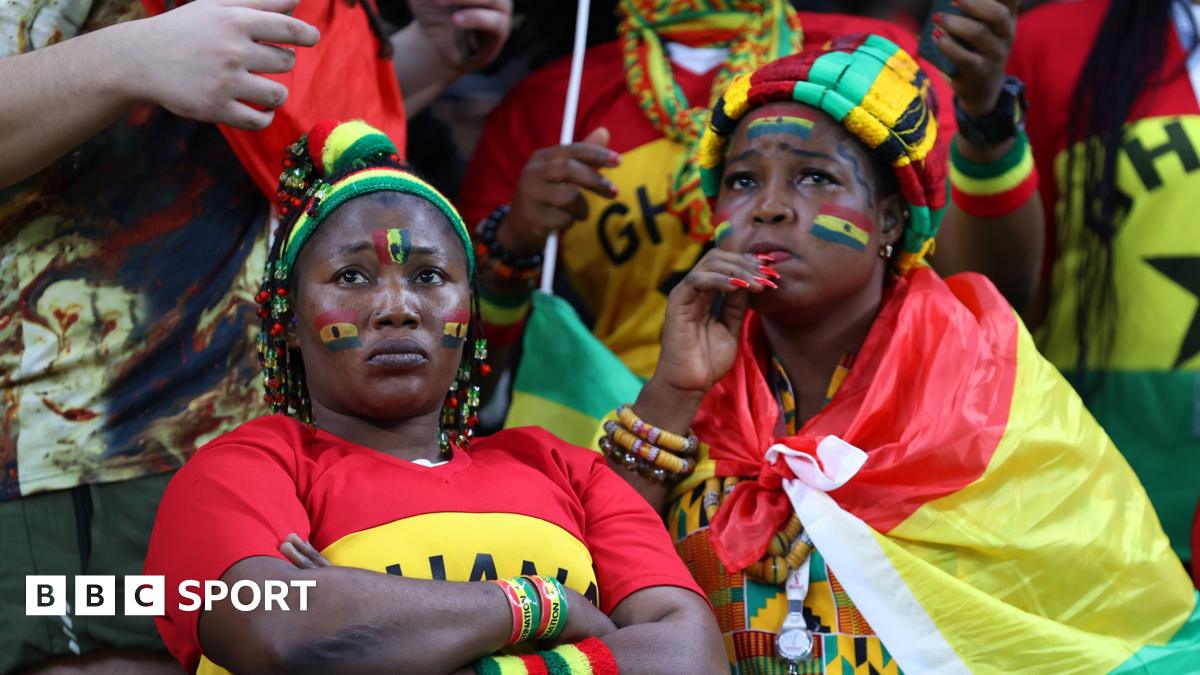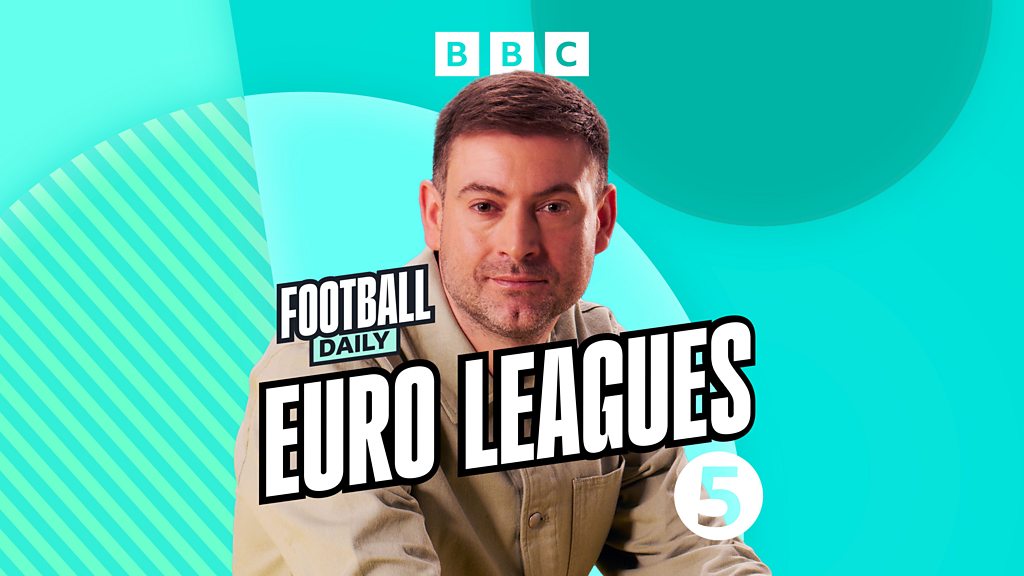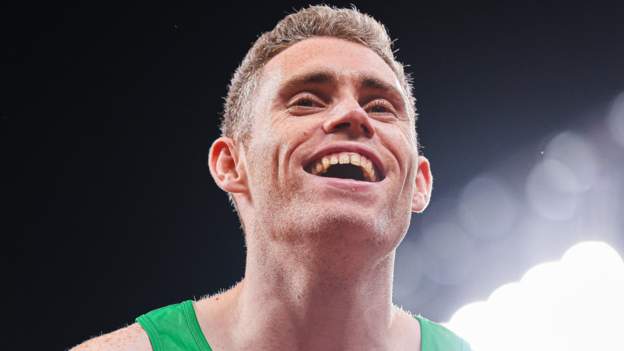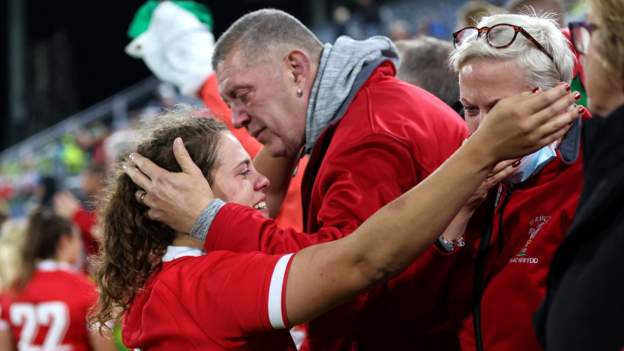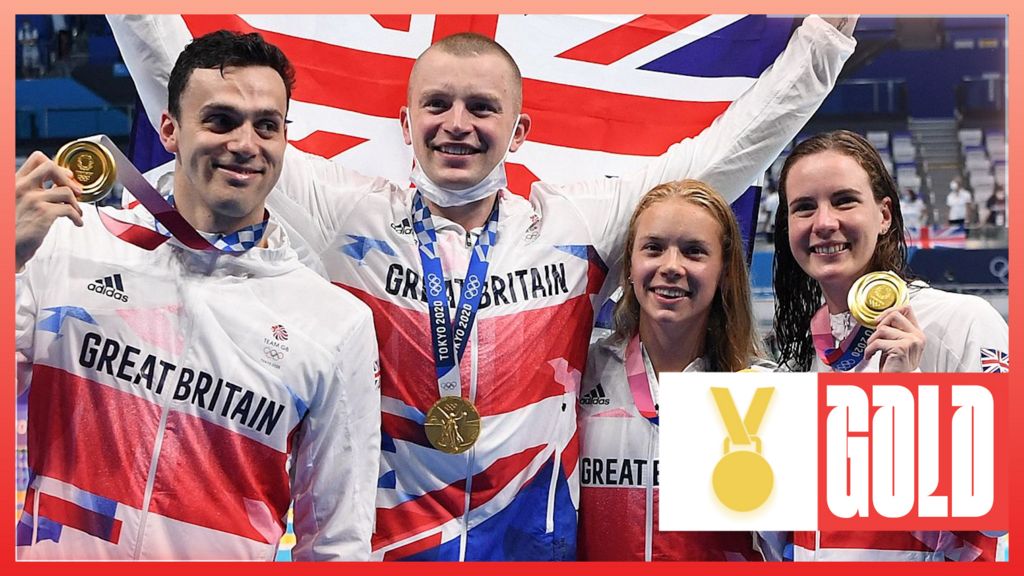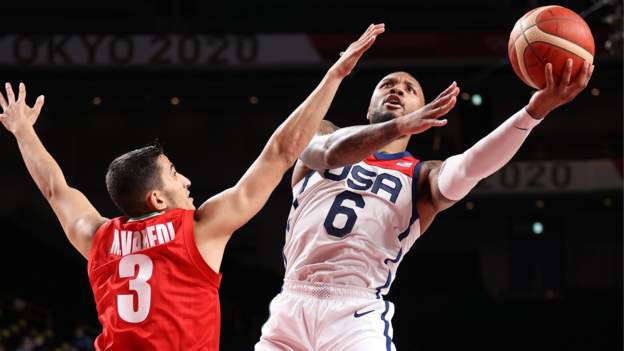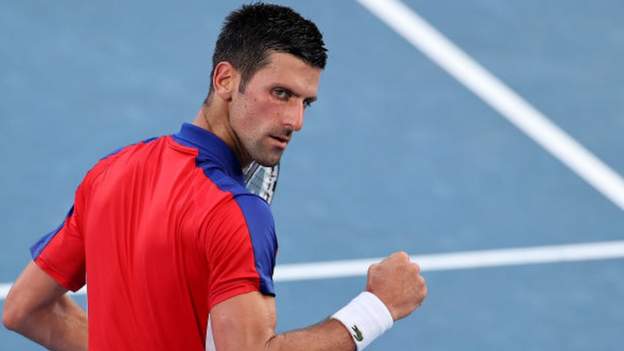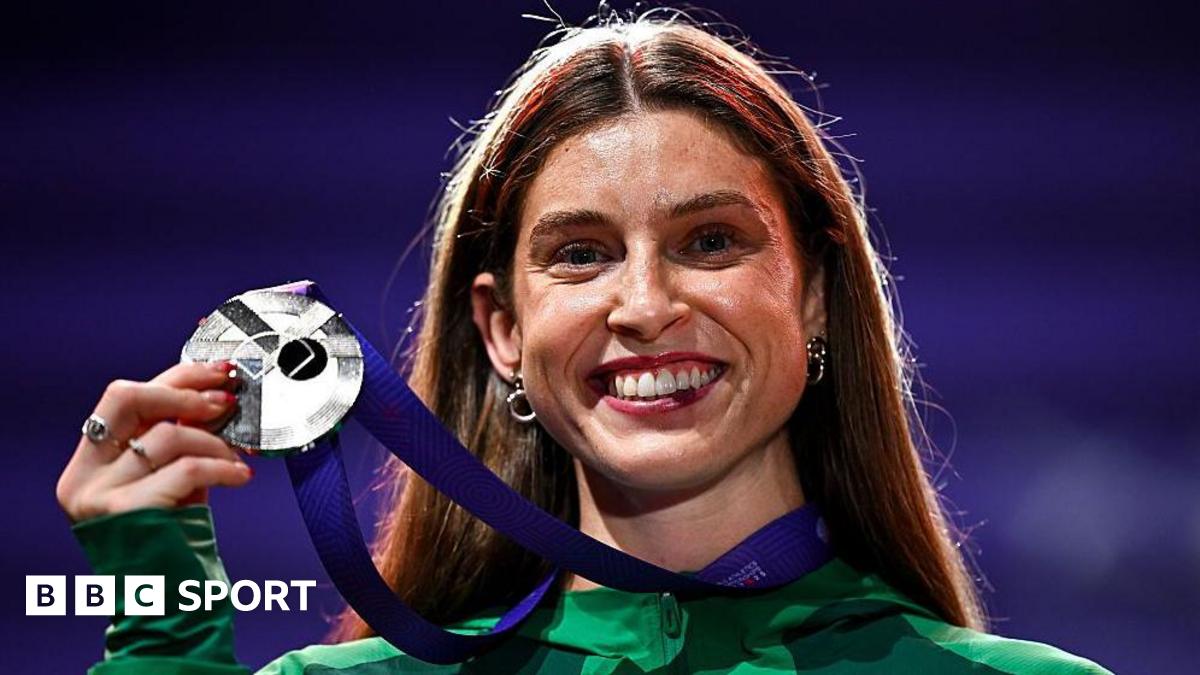Jason Smyth, Paralympic sport’s fastest man until 2021, has announced his retirement at the age of 35.
The Ireland sprinter earned six Paralympic titles, which included 100m and 200m doubles at the Beijing and London Games in 2008 and 2012.
Visually-impaired Smyth stayed unbeaten during a Paralympic career which began at the 2005 European Championships.
His final Paralympic triumph saw him hold off Algeria’s Skander Djamil Athmani in the T13 100m in Tokyo.
That was the Northern Irishman’s 21st major title of a Paralympic career, which also included nine world titles and six European gold medals, and he remains the fastest-ever sprinter in his classification.
He has now taken up a new role with Paralympics Ireland which will see him work as strategy manager with the organisation.
Smyth enjoyed the status of being the world’s outright fastest Paralympian from 2012 until the Tokyo Paralympics in 2021, when his 100m time of 10.46, set in the T13 class, was beaten by 0.03 of a second by T12 runner Salum Ageze Kashafali.
County Londonderry’s Smyth had perfect vision up until the age of nine before a hereditary condition known as Stargardt’s Disease began to cause his sight to deteriorate.
His athletics talent was developed by current UK Athletics technical director Stephen Maguire, who initially coached Smyth to an Irish Schools title before learning the full extent of his disability.
The Strabane man realised Smyth might be eligible for Paralympic competition and by the following summer he was a double European Paralympic champion, those performances qualifying Smyth for the maximum 40,000 Euros Irish Sports Council grant.
In addition to starring on the Paralympic stage, Smyth’s 100m personal best of 10.22 seconds saw him compete alongside Usain Bolt and the planet’s other greatest able-bodied sprinters at the 2011 World Championships in Daegu, South Korea.
Smyth had become the first Paralympic athlete to compete at a European Championships when he reached the 100m semi-finals in Barcelona in 2010 and had high hopes of representing Ireland at both the Paralympics and Olympic Games at London 2012.
His 100m personal best from 2011 was an agonising 0.04 seconds outside the Olympic standard but he regrouped from that disappointment in spectacular style as he defended his Paralympic titles in London.
World records at London Paralympics
In the 100m final in the Olympic Stadium, Smyth improved his own T13 100m world record to 10.46 seconds and he produced an even more impressive performance in the 200m as he lowered his existing global mark to 21.05 seconds – 0.11 slower than his fastest performance in able-bodied competition in the longer sprint.
Those two times remained his fastest performance in Paralympic competition but the titles continued to roll in for the Eglinton native over the next nine years – despite often battling against injury.
Smyth’s hopes of a third successive Paralympic sprint double were dashed by the International Paralympic Committee’s decision to remove the T13 200m from the programme at the Rio Games in 2016.
However, Smyth, who two years earlier had represented Northern Ireland at the Commonwealth Games in Glasgow, comfortably retained the 100m title as he clocked 10.64 seconds to finish 0.14 ahead of Namibia’s Johannes Nambala.
It was altogether closer at the Tokyo Games in August 2021 which had been delayed for a year by the Covid-19 pandemic.
Smyth’s prized unbeaten record in Paralympic competition looked under major threat from emerging Algerian Athmani but a superb start from the Irishman gave him an early advantage in the final and his perfectly-judged dip at the finishing line helped him hold off the north African by the tightest of margins – 0.01 seconds.
Following his Tokyo triumph, Smyth said that he would consider prolonging his Paralympic career until Paris 2024 but some 17 months before those Games, he has opted to bring the curtain down on his competitive days.
Smyth’s retirement closes a glorious Paralympic athletics chapter for both Irish and Northern Ireland sport following his great friend Michael McKillop’s exit from the sport after the Tokyo Games.
Like Smyth, McKillop secured double gold for Ireland at London 2012 after winning his first Paralympic title in Beijing four years ago and went on to clinch another triumph at the Rio Games.
Despite his astonishing run of success, Smyth often spoke of his frustration at how the media interest would invariably quickly fade following his return home.
In the run-up to the delayed Tokyo Games, he also said he doubted there were obvious successors to Northern Ireland’s golden generation of Paralympians which also included swimmer Bethany Firth, skier Kelly Gallagher as well as his fellow athlete McKillop.
With Smyth now retired, Firth is the only member of that quartet who remains in competition.

